How to Accelerate Water Stewardship urgently needed in Apparel and Textiles
Late 2024, SupplyESChange Director Kate A Larsen was approached by a new UK government-funded non-profit, the Resilient Water Accelerator (RWA), incubated out of WaterAid. RWA work to accelerate financing for water stewardship.
SupplyESChange conducted desk-based and industry research on why and how to accelerate financing of water stewardship (water saving and to realise cleaner water effluent) technologies by textile wet processors (dyehouses, laundries, mills). The Report “Accelerating Water Stewardship Investments in global Apparel Supply Chains” looks at global drivers, with institutional investors, policy makers, apparel brands and more in mind as readers, and maps what has worked to date, why more efforts are needed, and how financing might be gained. New technologies such as Zero Liquid Discharge, for water recycling, and even for water-less dyeing have been rolling out in the sector, but require $10,000s to $1,000,000s investment. There are excellent opportunities to generate returns both financially (as in many cases better water stewardship also helps save energy, chemical, and even labour costs, and to retain, and even gain new, and better clients and business), and for social impact as water overuse and/or pollution of toxins reduces. The potential for regeneration of Nature and Biodiversity also is great, and for resilience in the face of climate change as facilities use less water, meaning less concerns in situations of droughts, and as water tables change.
As a soft launch of the report, a small invite only Roundtable was held at Chatham House in London, and facilitated by Kate A Larsen. Attendees from apparel brands, international banks, the UK government, NGOs such as the Alliance for Water Stewardship (AWS) attended and participated in robust discussion. The group discussed business cases, investment opportunities, and potential financial and deal mechanism opportunities from the financing of textiles wet processors water stewardship (and for resultant Nature Regeneration, and environmental, social and economic Resilience Impacts).
The RWA are now leading an effort to accelerate financing for a first cluster of textiles wet processors in Dhaka, Bangladesh. Apparel brands interested to hear more, or investors in apparel brands or retailers, or directly in textile firms, can contact Director kate at supplyeschange.com to stay updated on the learnings, or join SupplyESChange enewsletter.
The report can be found here, and we are grateful to all who gave their time for interviews, and especially Waterkeepers Bangladesh, and other experts on the ground in leading apparel brands, and dedicated environmental expert unsung heroes in Asia and globally.
